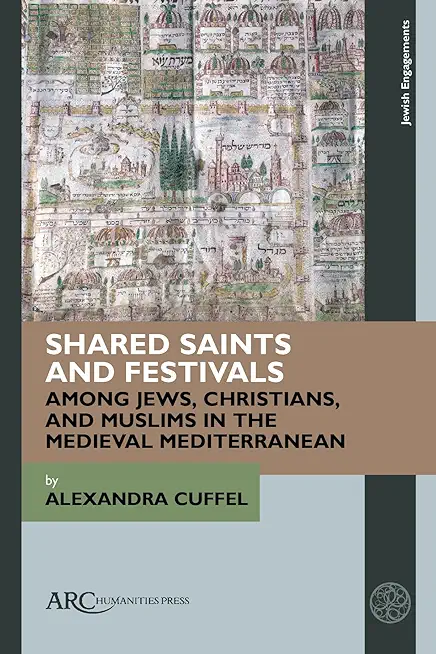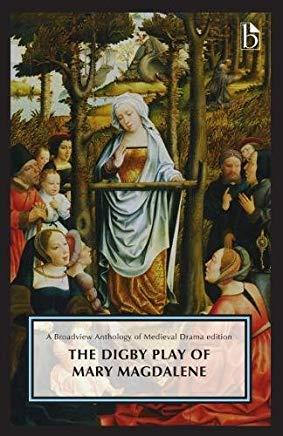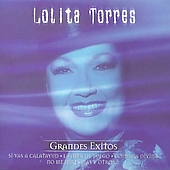
Cuffel, Alexandra
product information
description
us practices among Jews, Christians, and Muslims, focusing primarily on the medieval Mediterranean. It examines the meanings members of each community ascribed to the presence of the religious other at "their" festivals or holy sites during pilgrimage. Communal boundaries were often redefined or dissolved during pilgrimage and religious festivals. Yet, paradoxically, shared practices served to enforce communal boundaries, since many of the religious elite devised polemical interpretations of these phenomena which highlighted the superiority of their own faith. Such interpretations became integral to each group's theological understanding of self and other to such a degree that in some regions, religious minorities were required to participate in the festivals of the ruling community. In all formulations, "otherness" remained an essential component of both polemic and prayer.
member goods
No member items were found under this heading.
Return Policy
All sales are final
Shipping
No special shipping considerations available.
Shipping fees determined at checkout.







